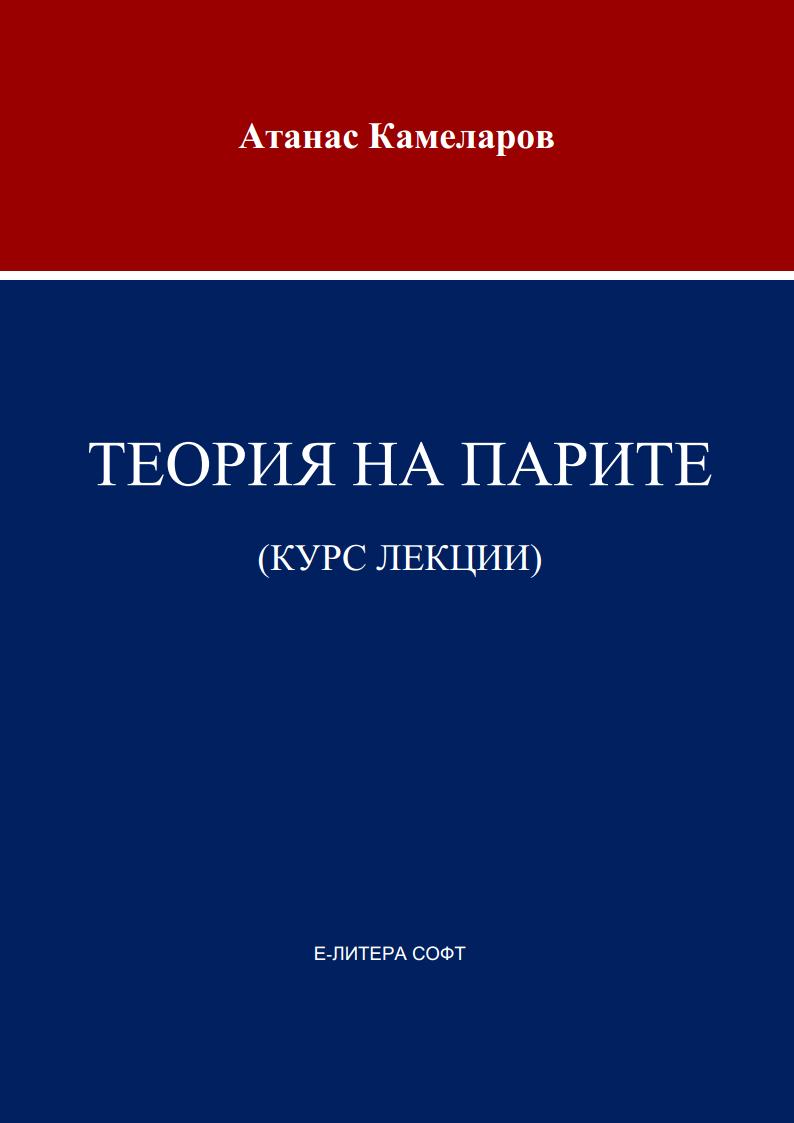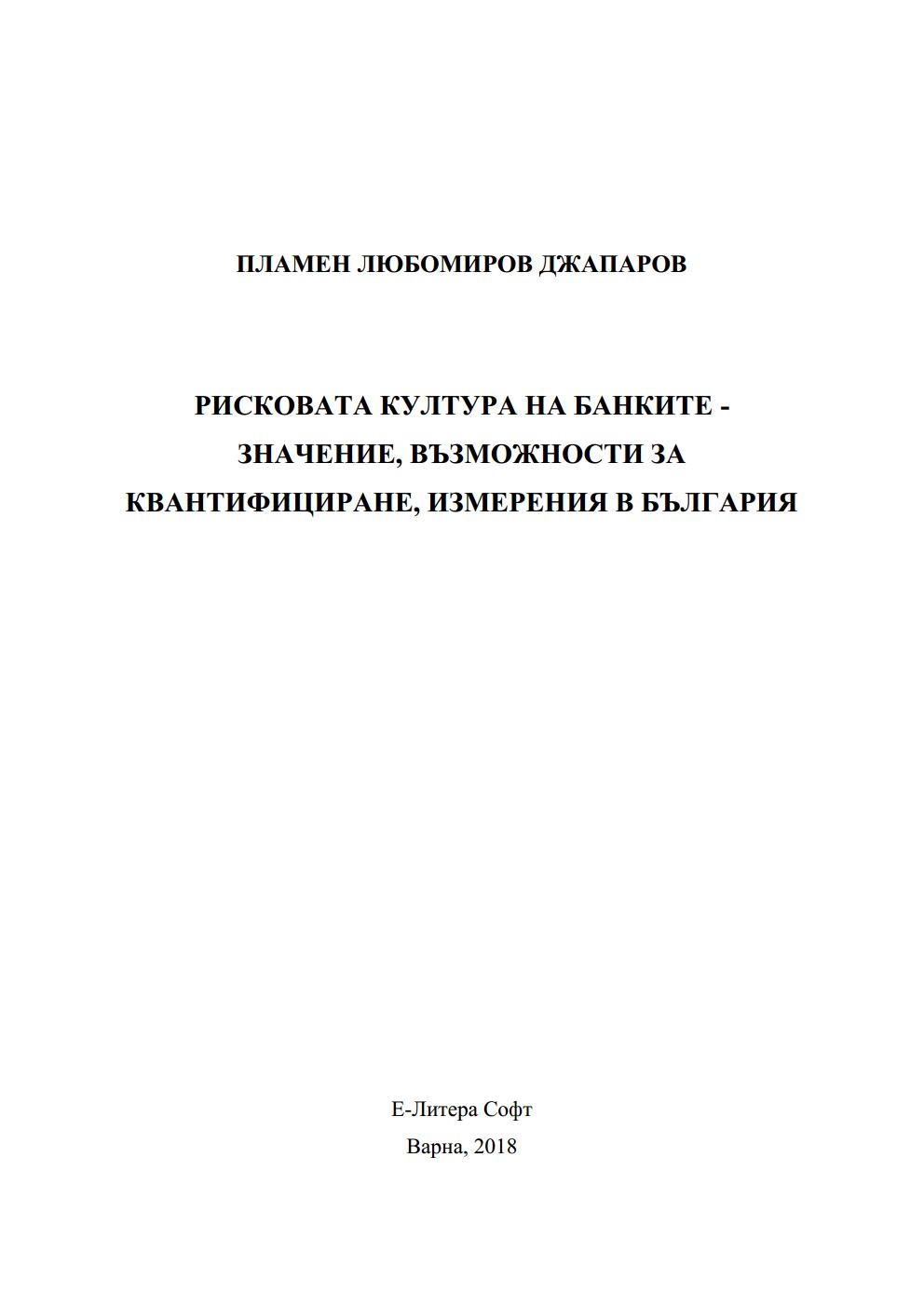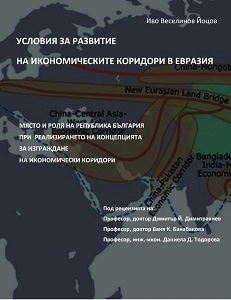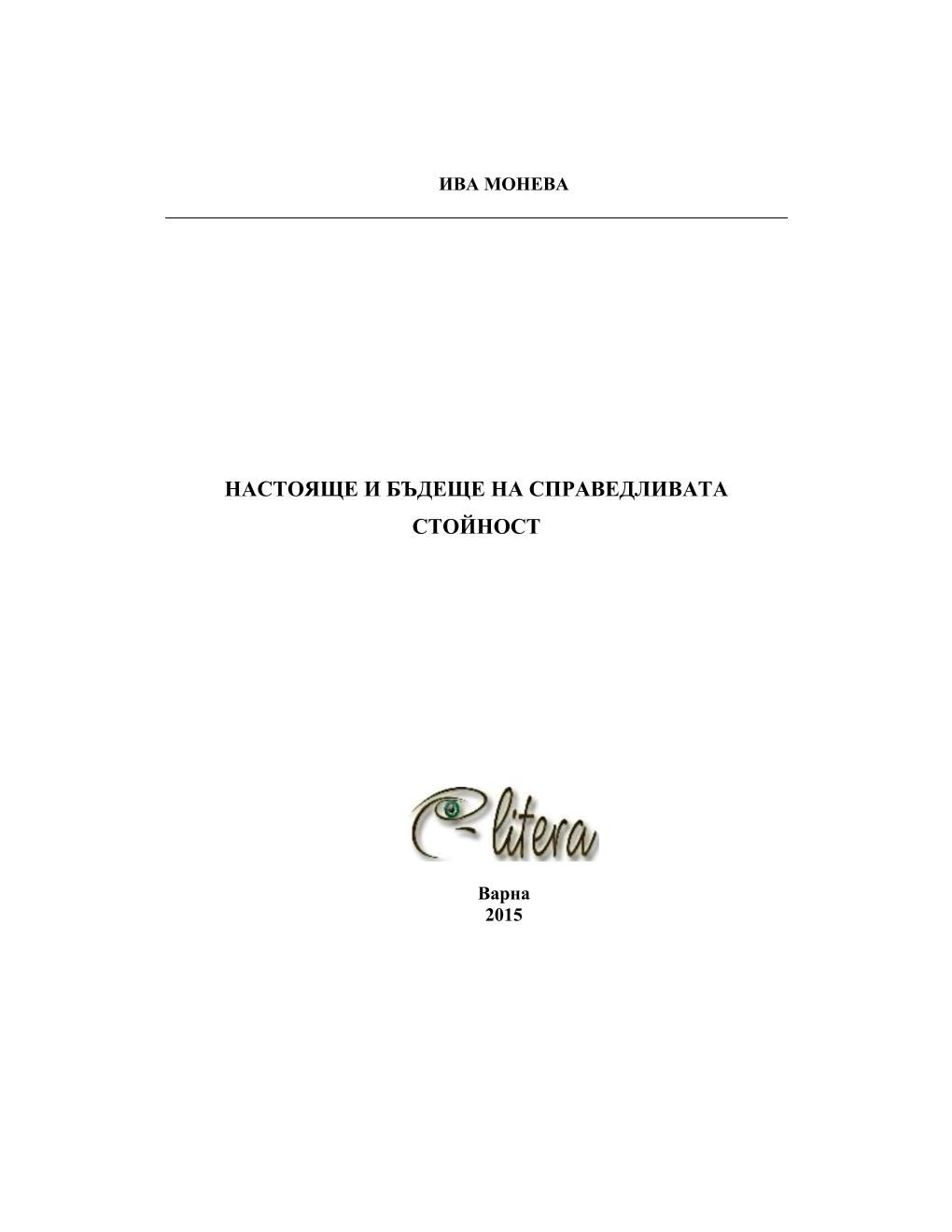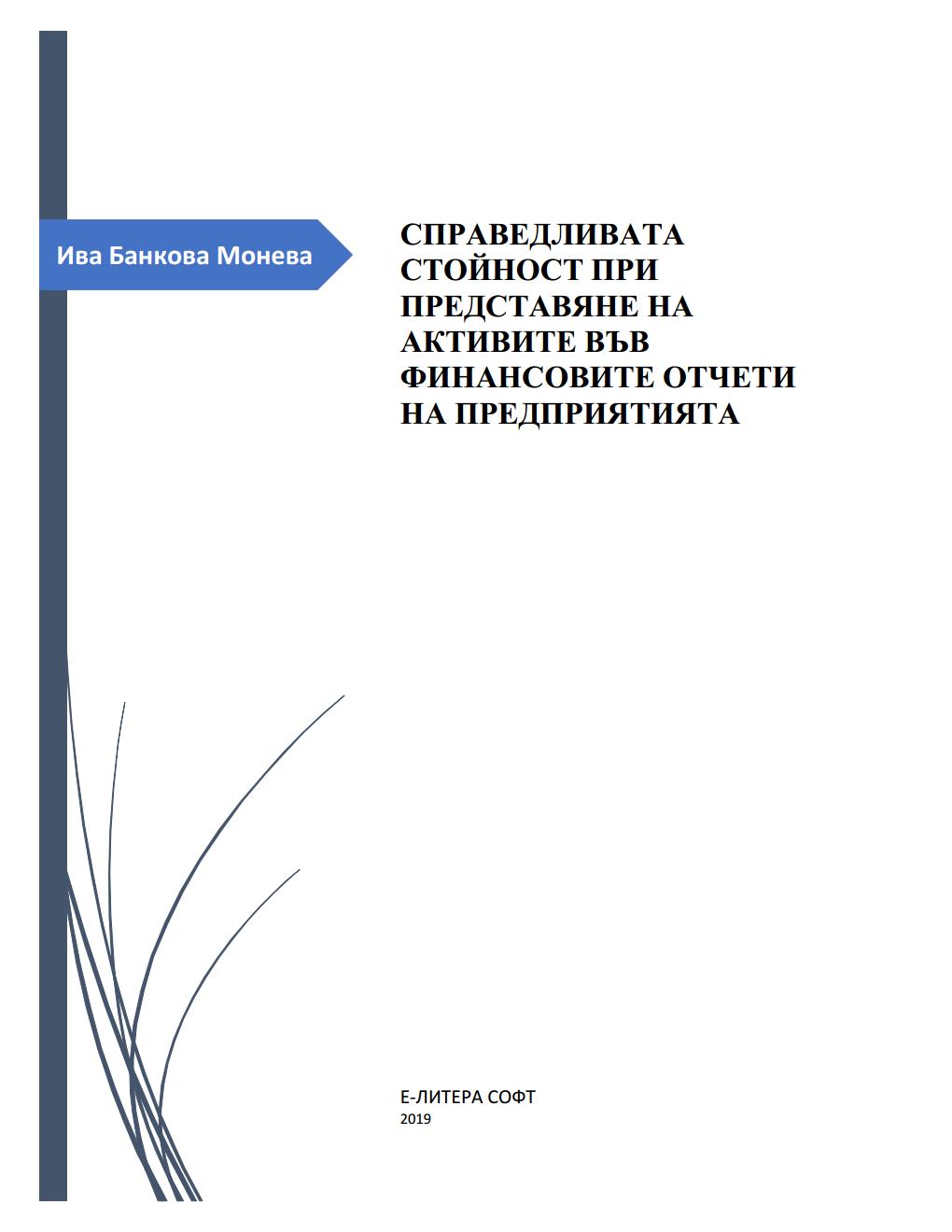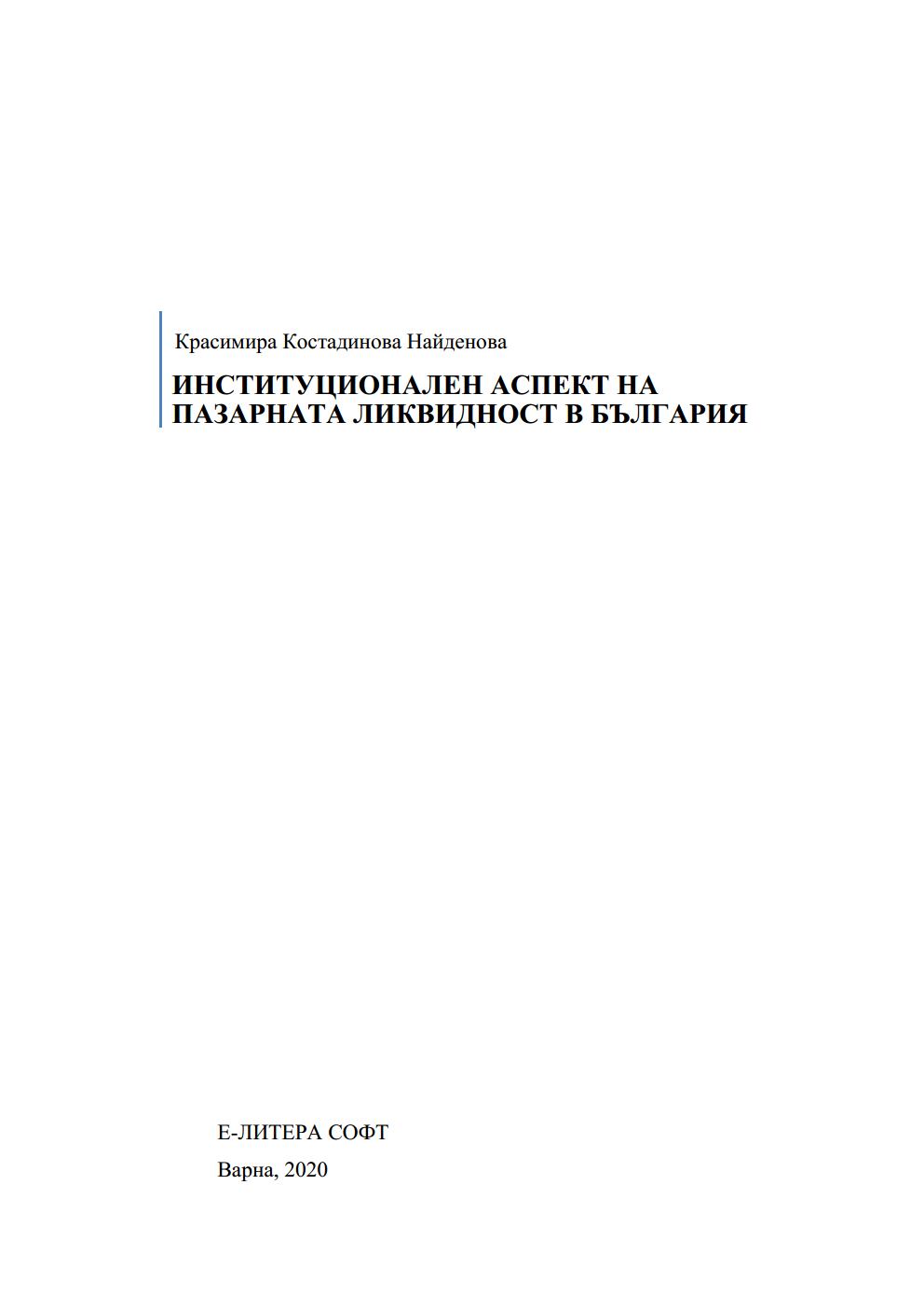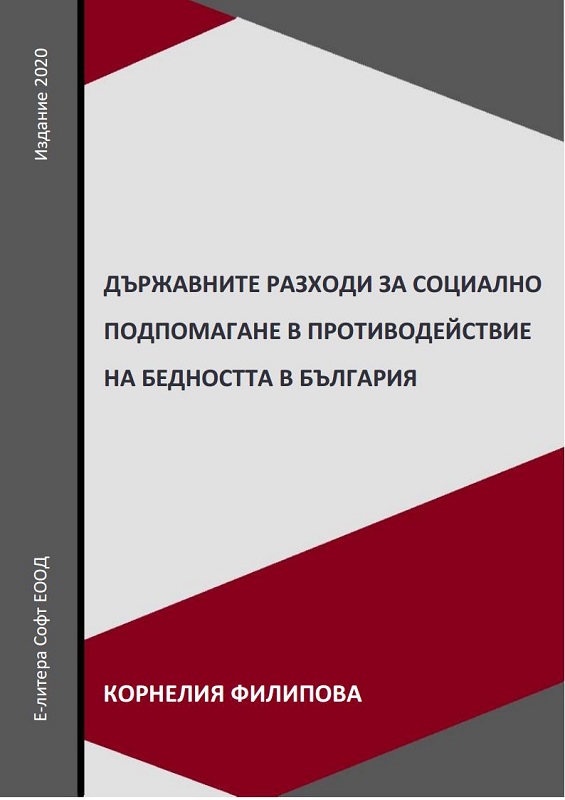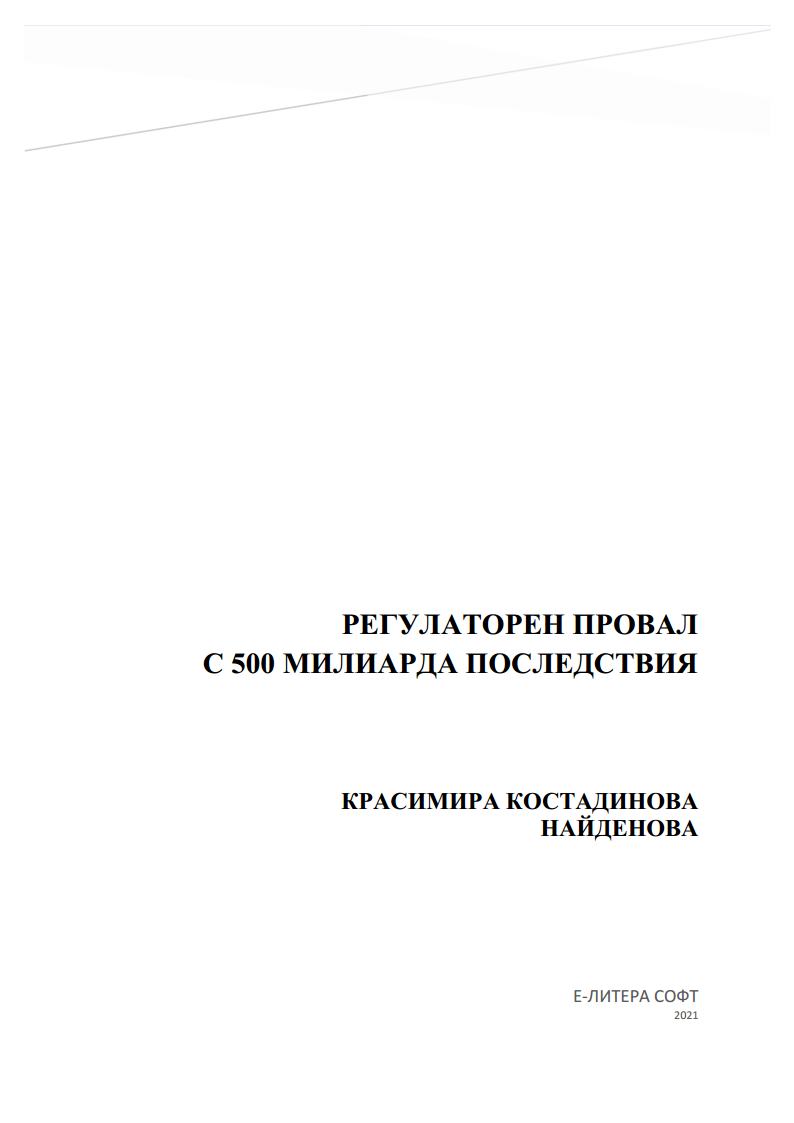Условия за развитие на икономическите коридори в Евразия. Място и роля на Република България при реализирането на концепцията за изграждане на икономически коридори
Author(s): Ivo Yotsov / Language(s): Bulgarian
Keywords: economic corridors; logistic corridors; transport corridors; intermodal transport; multimodal transport; supply chains; TNC; globalization; deglobalization; short sea shipping
Only a decade ago the world was a relatively peaceful place. Of course, there were many conflicts with varying degrees of intensity and confrontations of a different nature, but they were more of a local nature. Globally, the world has accepted that a global power can independently guide world affairs in a way that fits its understanding. In history, events are repeated without being copied. Sometimes the "actors" are the same, sometimes they are changed, but the main scenario of the "play" remains unchanged. In this sense, human history has witnessed many such attempts, but no one expected the processes of de-globalization begin to develop so dynamically. At the same time, the creation of multiple centers of influence with relevant integration unions and international bodies, accompanied by a change in the balance of power at world level does not mean that the same "play" will not be played again. Nevertheless, the changes are in place and, apart from the purely political aspects they have, their impact on the development of economic relations is of utmost importance because, ultimately, the economy is the base on which society is built. It is difficult, even impossible for small countries to independently influence these processes. This is the reason why the conditions need to be carefully assessed. Thus they can find their place, role and importance and preserve their sovereignty and dignity.
Such a thesis may encounter resistance from adherents of one or another center of influence because the lack of impartiality and sometimes strong dependence does not allow an independent assessment of the conditions. This fact would not in itself be of special significance if it did not lead to the inability to make adequate and responsible decisions in which the history of the Bulgarian state has countless examples.
It is a fact the deepening of mutual interdependence at the global level, an essential element of which is the economic interaction between the countries. It is precisely this interaction that becomes the cause of a fierce competitive race. On the one hand, this is because the volume of the world product at a given time is limited and every country therefore strives to attract a larger share of it in the channels of its international trade and production chains. On the other hand, economic interaction is becoming the basis for deepening cooperation, understanding and building strong ties in all areas of international relations.
The growing globalization of industry and trade, which is more and more characterized by a global territorial distribution of supply chains, is increasingly demanding for transport as part of logistics systems. In this respect, the different means of transportation and the macro-framework, and in particular the transport and communication infrastructure, are constantly evolving to meet the increasing demands. Only with significant qualitative and quantitative changes in these structures is it possible to build and control internationally oriented efficient supply chains.
At present, in Bulgarian political circles, there is an underestimation of the dynamics of global conditions, both politically and economically, and the place and role that our country may have in them. This is why the monograph has demonstrated that building a transnational logistic corridor is a key element of strategic importance as it is the basis for the development of international economic relations, further integration and their transformation into economic advantages.
The study also presents conclusions on the development of environmentally, economically, socially and politically balanced sustainable transport concepts.
The results of this study can be used by authorities involved in developing government policy in the transport sector and by operators to obtain a better assessment of the environment and price formation in transport services and to improve their competitiveness.
Proved in the monograph are the following: it is essential to build transnational logistic corridors as a basis for the development of international economic relations, further integration and their transformation into economic; globalization is a major factor in the development of economic corridors; transnational companies are a major player in international economic relations and a factor for development; transport corridors are the physical basis for building and developing logistics and economic corridors; the economic corridors in Eurasia will be built and short sea shipping in the Black Sea is the regional link between Asia and Europe.
The aim is to analyze the conditions affecting the development of economic corridors in Eurasia and on this basis to determine what is the place and role of Bulgaria in these processes in order to make a proper assessment and make responsible decisions. This objective is achieved through the following research tasks:
- the global strategic conditions affecting the development of the trans-national logistics corridors in Eurasia have been explored;
- the regional conditions in the Black Sea region and Central Asia are addressed;- the prospects for the development of transnational logistics corridors in Eurasia and the place and role of the short sea shipping concept in the Black Sea as a link between transport systems in Central Asia and Europe;
- what are the national conditions, taking into account the context of the country's membership in the European Union;
- an analysis of the Eurasian transport corridors was carried out, with particular reference to the links between the respective transport systems.
The theoretical and methodological basis of the study are the positions formulated in the works of foreign and Bulgarian scientists devoted to the scientific and practical problems in the development of economic corridors. The development of the present work is based on the use of inductive, deductive and traductive methods by studying the content of publications, statistical and historical analysis. The comparative analyzes, conclusions and recommendations are based on examples from world practice. A problem-oriented approach has been used to draw lessons that would be useful to strengthen the political dialogue of the Bulgarian government and increase the country's participation in the development of economic corridors.
More...
